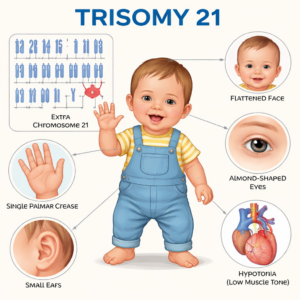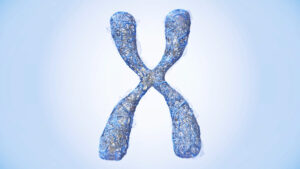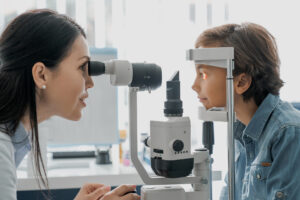
What is the Cause of Trisomy 21?
Hearing that your child has been diagnosed with trisomy 21—better known as Down syndrome—can be a dizzying experience. Naturally, your mind jumps to one question: “Why did this happen?” Understanding the cause of the condition can be one helpful step in making sense of your child’s diagnosis and preparing conversations with their care team. Down syndrome is a genetic condition where a […]










